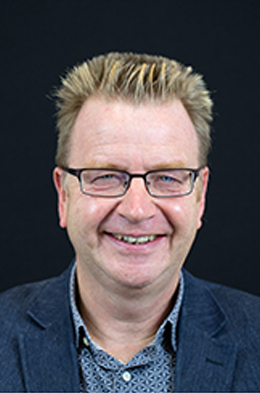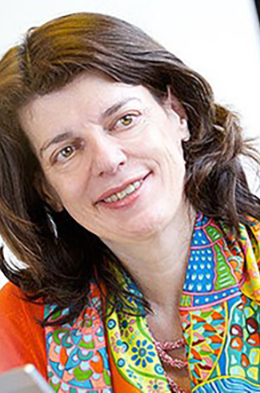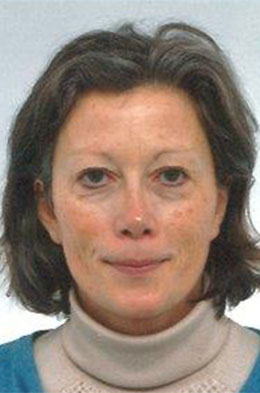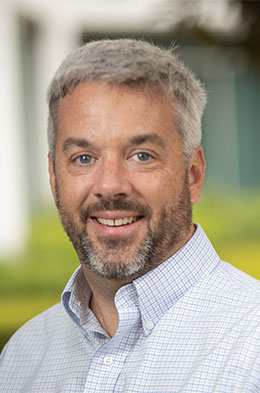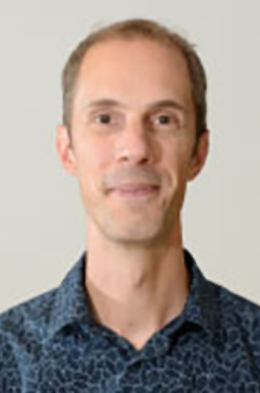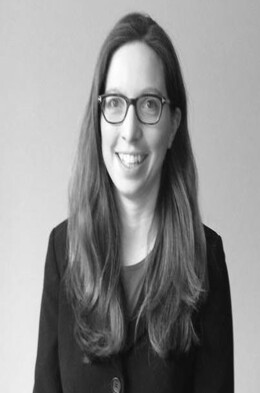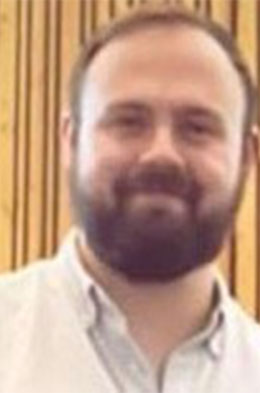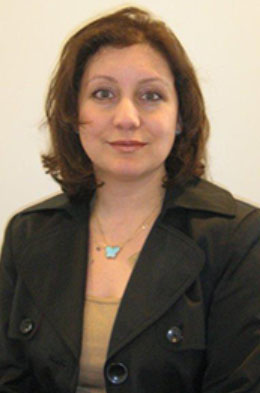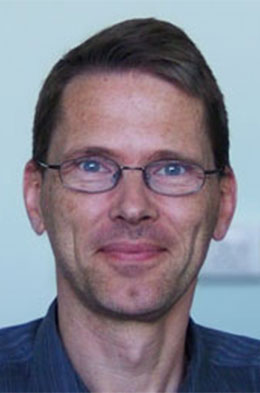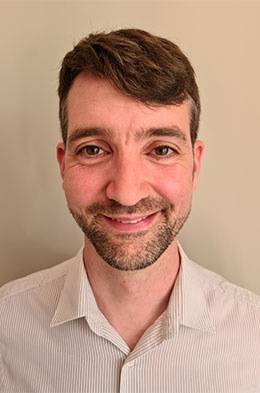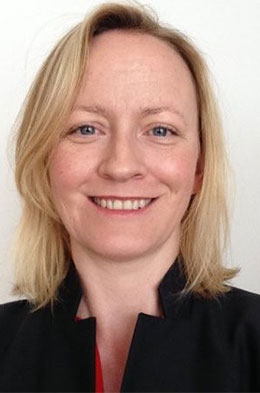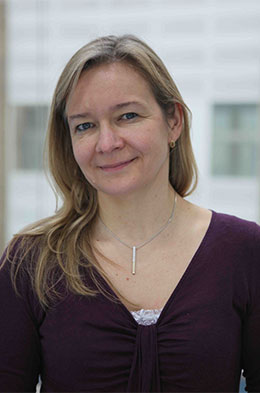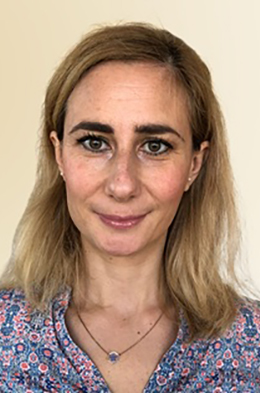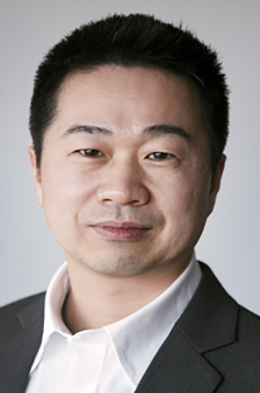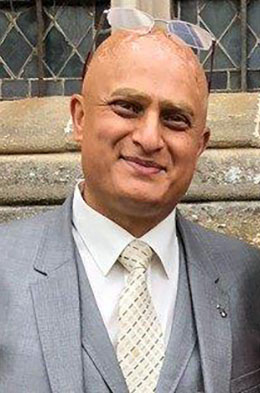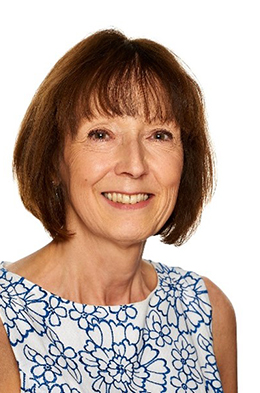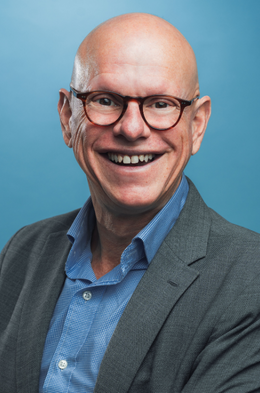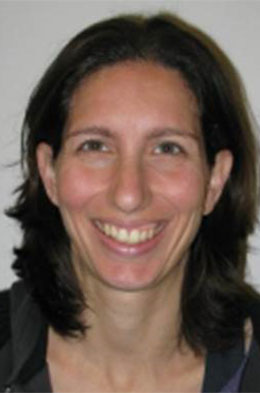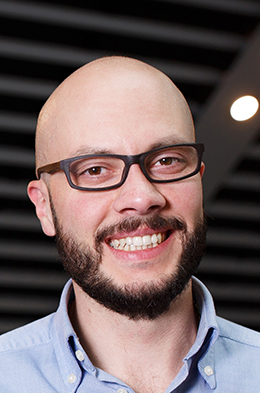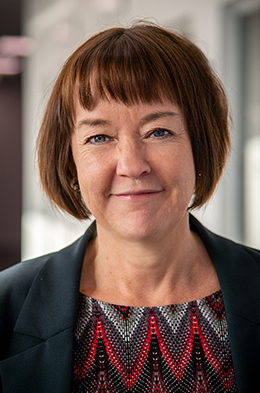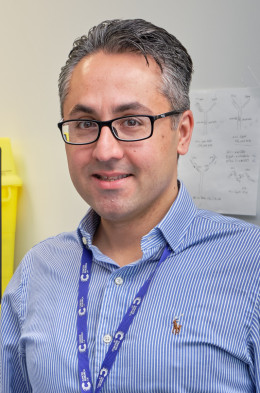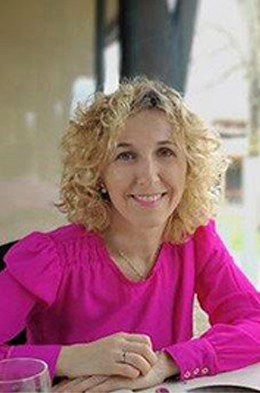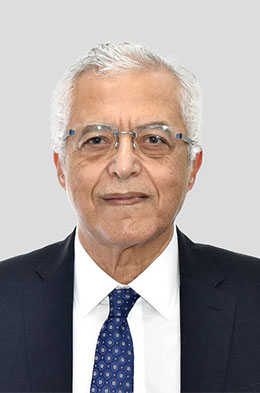Corinne Danan is Veracyte’s General Manager, Biopharma, leading the company’s offerings to biopharmaceutical companies. She brings more than 25 years of executive experience in the pharmaceutical, life sciences and healthcare industries.
In 2015, she cofounded and was a member of the board of HalioDx, an immuno-oncology diagnostics company acquired by Veracyte in August 2021. At HalioDx, Corinne Danan led the creation and development of the Pharma business unit, bringing to the company’s biopharmaceutical partners various solutions to support better understanding of the tumor microenvironment within different phases of clinical trials.
Prior to HalioDx, Corinne Danan held senior positions at leading diagnostics companies, including Qiagen, Ipsogen, and Monogram Biosciences. Earlier in her career, she held various leadership positions at Eli Lilly.
Corinne Danan holds an MBA from INSEAD Business School.




